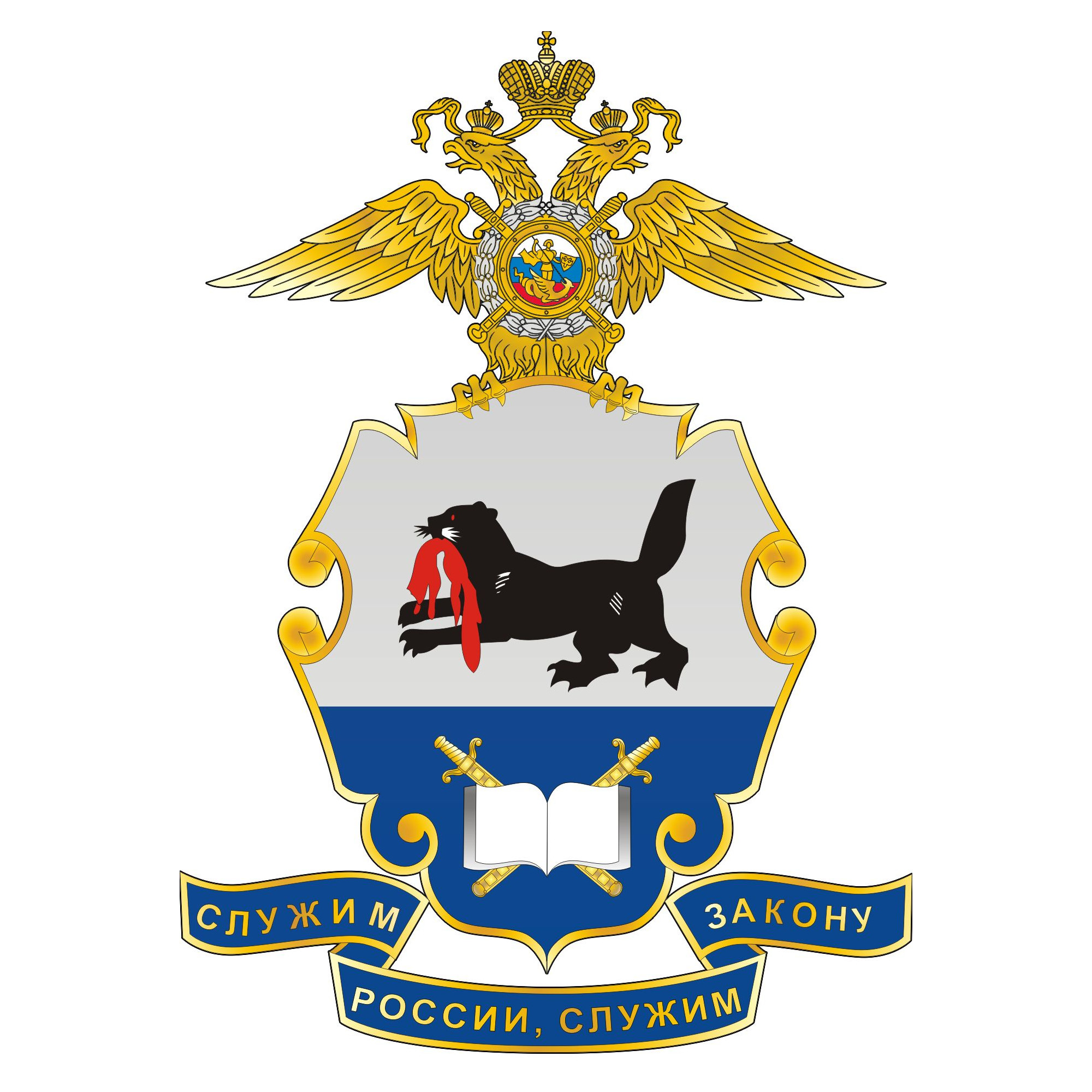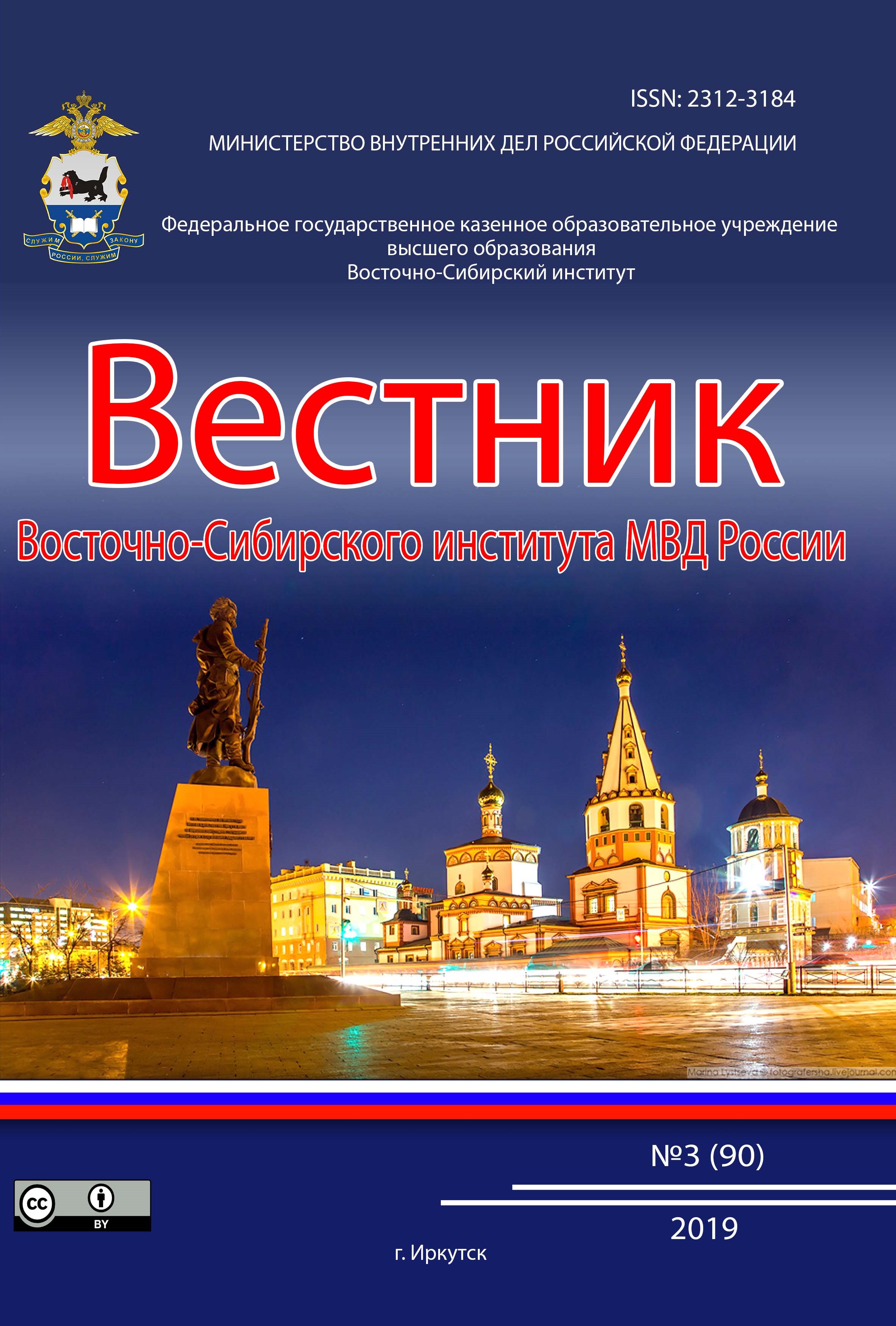Kazan National Research Technological University (Associate Professor)
Introduction: All life in modern society is inextricably linked with information technologies, which largely contribute to development, simplify and speed up processes. However, cyberspace is increasingly being used for more than just peaceful purposes. It becomes a kind of instrument of criminal encroachment. The article discusses the most common types of cyber fraud, highlights their distinctive features. The author, based on examples of the implementation of these threats, suggests possible ways to counter it. Materials and Methods: The current legislation of the Russian Federation, includ-ing the Criminal Code of the Russian Federation, federal laws and regulations on the sub-ject under study, served as the normative basis for the study. The theoretical and methodo-logical basis of this scientific work are the provisions and conclusions that are presented in the works of scientists on the problems of qualifying cybercrime, research on the legis-lative regulation of the problem under consideration, as well as a small study conducted on the basis of the CF RPMU. When studying this problem, general scientific methods were used, a systematic approach to crimes in cyberspace was applied. The Results of the Study: the global computerization of our lives, the transfer to the virtual world of not only leisure, but also study, work, material means, gave rise to the emergence and development of new ways of committing crimes. One of the most common is high-tech fraud or cyber fraud. The commission of these crimes remotely provides the attacker with a lot of advantages: from anonymity, the inability to quickly identify the offender to cross-border (they can be committed anywhere and anytime). The scale of distribution and damage from cybercrime in general and cyberfraud in particular require close attention and prompt response in order to prevent their commission. Based on the study and examples of the implementation of these threats, the author suggests possible ways to counter it. Findings and Conclusions: allowed to formulate separate provisions regarding the development of possible ways to counteract cyber fraud.
cyberspace, digital technologies, fraud, cybercrime, cyberfraud, phishing, vishing, pharming
1. The Prosecutor General's Office has developed measures to combat cybercrime [Electronic resource] // Access mode: https://iz.ru/1038939/2020-07-23/genprokuratura-razrabotala-mery-po-borbe-s-kiberprestupnostiut (Date of access : 06/01/2023).
2. RTM Group is a leading consulting company in the field of information security, forensics and IT law [Electronic resource]// Access mode: https://rtmtech.ru/ (Accessed 06/02/2023).
3. What is "phishing". - Text: electronic // encyclopedia: [website]. - URL: https://encyclopedia.kaspersky.ru/knowledge/what-is-phishing/ (date of access: 06/01/2023).
4. Central Bank: fraudsters stole 13.5 billion rubles from the accounts of Russians in a year. - Text: electronic // banki.ru: [website]. - URL: https://www.banki.ru/news/lenta/?id=10964541 (date of access: 06/01/2023).
5. Business Online - News of Kazan [Electronic resource] // Access mode: https://www.business-gazeta.ru (Accessed 06/02/2023).











